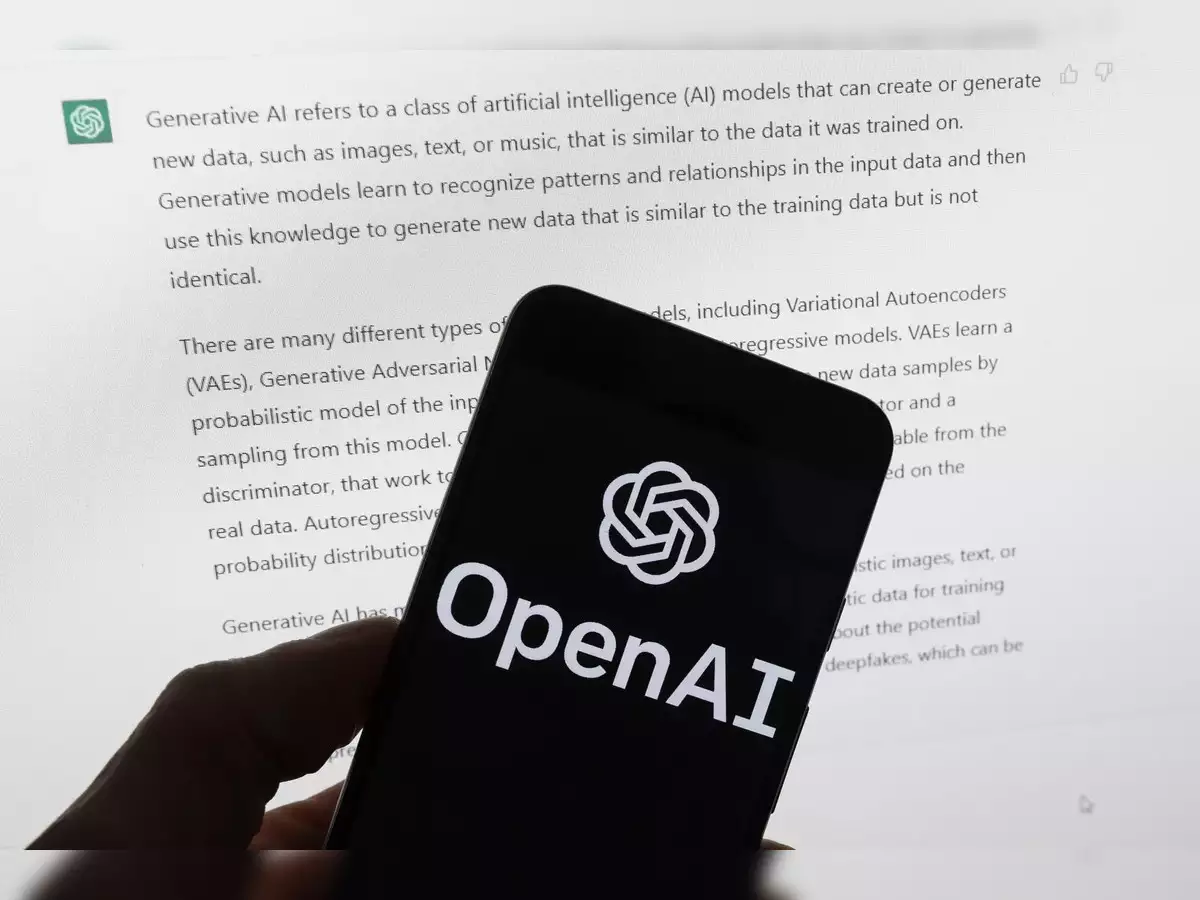In an eye-opening analysis, researchers have put leading AI models, including OpenAI’s GPT-4, to the test against popular books to assess copyright infringement risks. The findings raise significant concerns over the potential for these AI systems to memorize and reproduce copyrighted material.
Key Highlights:
- GPT-4 has shown a tendency to “memorize” content from a wide range of popular books including major titles like Harry Potter, Nineteen Eighty-Four, and The Lord of the Rings.
- The study indicates a bias in GPT-4 towards science fiction and fantasy genres, with less familiarity noted with works from other literary categories.
- Legal experts anticipate lawsuits against AI text-generating models for potential copyright infringement, comparing the issues to those faced by AI image-generating technologies.
- The research underscores the importance of responsible data curation in AI development, advocating for more transparency and documentation in training data usage.

Exploring the Depths of AI Copyright Concerns
The analysis conducted by researchers aimed to probe the extent to which AI models like GPT-4 have “memorized” copyrighted texts. This investigation, however, does not assert that these models contain verbatim copies of books. Instead, it explores their familiarity with certain literary works through a “name cloze” test, which assesses the AI’s ability to predict specific names within passages. The findings point towards a potential inclination of these models to reproduce content closely resembling copyrighted material.
Legal Implications and The Call for Transparency
The discussion around copyright infringement is twofold. Firstly, there’s debate over whether using large volumes of text or images for AI training constitutes fair use. Secondly, if an AI model produces output too similar to its input, it likely crosses into copyright infringement territory. Legal experts predict inevitable lawsuits, emphasizing the need for clarity on whether AI-generated works, devoid of human creativity, qualify for copyright protection.
Towards Responsible AI Development
The spotlight on GPT-4’s performance in this context highlights broader issues of data curation and transparency in AI development. The research advocates for public training data usage to ensure model behaviors are transparent and accountable. This call to action aims to foster advancements in responsible AI practices, urging a shift towards meticulous documentation and ethical data handling in the machine learning community.
This study peels back another layer of the complex relationship between AI development and copyright law. While GPT-4’s advanced capabilities offer exciting possibilities, they also present significant ethical and legal challenges. The conversation around copyright infringement is a reminder of the delicate balance required in harnessing AI’s power responsibly. As we navigate this terrain, the emphasis must be on ethical data use, transparency, and a commitment to fostering innovation without compromising creative rights.


















